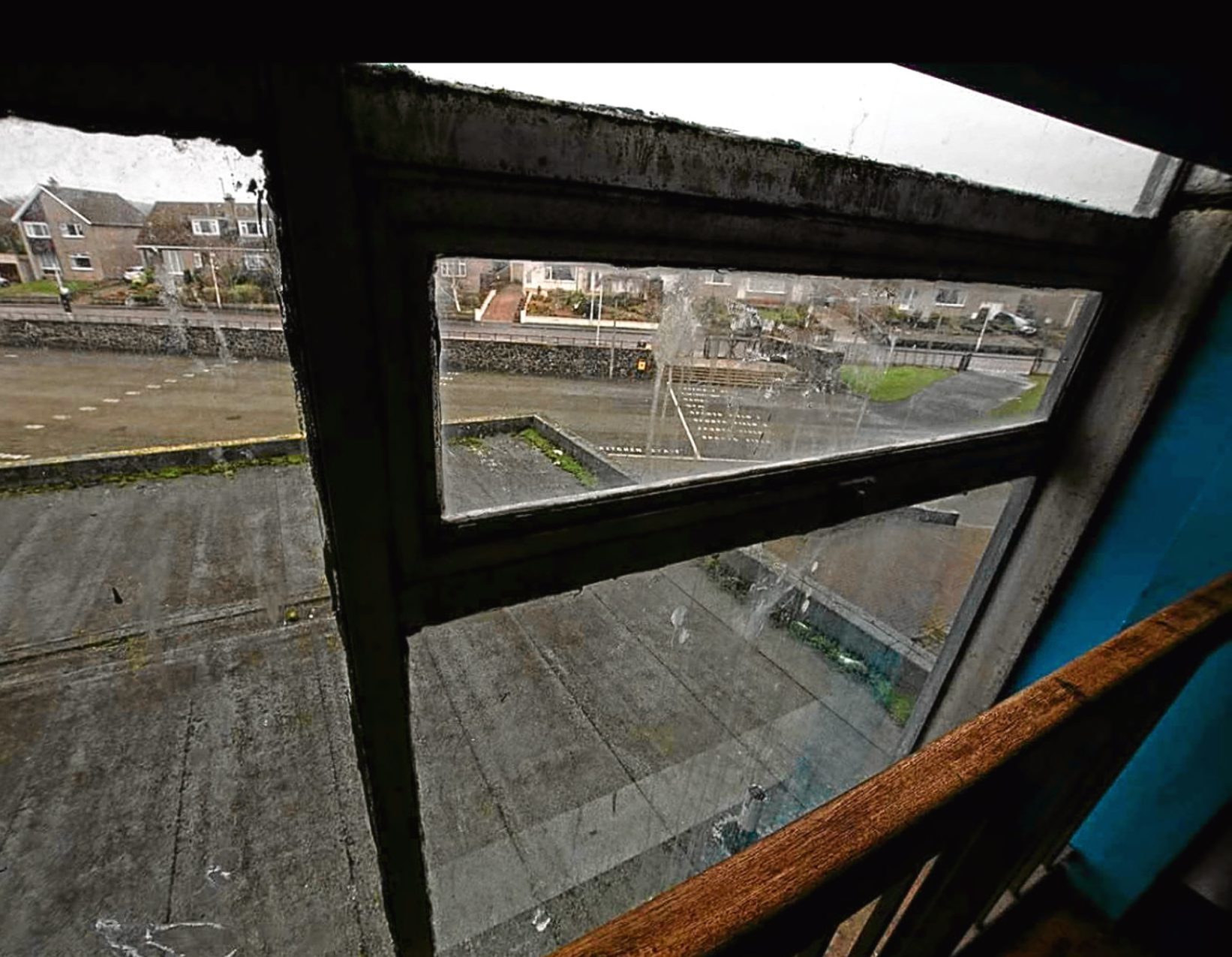I went to a posh school and despite moving house many times, they track me down and send letters asking for donations.
I assume they have some MI5-style unit which locates ex-pupils across the planet.
My wife didn’t go to a posh school but also gets imploring letters from another fee-paying place. Their tracking unit has identified the wrong person.
She does not stop this because when not taking the mickey out of me for my privileged background, she likes to laugh at the tales of what former pupils at this other school have got up to in life.
Obviously, most have become accountants or drop-outs but the occasional few end up running narwhal farms in Tasmania and such like.
I have never donated a penny to my old academy – partly because it nearly bankrupted my parents in the first place for a ropey education but also because it’s never seemed truly essential.
Not far from it is a state school where money would be better spent. Giving to the posh school and not the state one would be like tipping the caviar seller in the company of the starving.
Edinburgh has the highest density of private schools in the whole of the UK, I believe.
They began life as charitable enterprises, intended to help the poor.
George Heriot’s was set up for children who had lost a father.
A former pupil at the school has died bequesting close to £3 million, according to media reports, to continue this charitable tradition.
What state school would not jump for joy if a former pupil keeled over while holding a will pledging millions to the classrooms?
Yet we never hear of such bequests.
Given the desperate needs for resources and the essential need for state pupils to get the same advantages as private school pupils, why not?
My daughter receives a perfectly fine education at a welcoming, friendly state primary.
It’s not hot-housed, which is a good thing and it is rooted in the community – these are the kids who will grow up together, recognised by everyone in the surrounding streets – which is a very good thing.
The teachers appear dedicated and work beyond the required hours.
The ethos is all you would want from a good school – do your best and be kind to others.
Throughout the year there are fund-raising events – these seem to be run by the pushier mums and have variable effect.
People like the money raised but there is something divisive about publicly demanding donations from parents. Not everyone likes to be put in that position. Among the parents there are people earning quite a lot and many of the ex-pupils have gone on to successful lives, one imagines.
Currently, there is no mechanism for anonymous donations which can be made directly to the school.
The need is great – the roof leaks, the playground is broken up, some children have little English and need extra tuition, others struggle to go on school trips.
As a person who has had a privileged life, I can think of no better thing than to donate or contribute to help the school.
This is not as a substitute for government spending, or an alternative to a fair taxation system.
Humans like to donate to good causes and if the richest schools in the land need such money, then it’s likely the poorer ones do too.
For each winter fair and summer fete, the local businesses are tapped for prizes, the local butcher nudged into a cheap deal for burgers etc.
All of these businesses have charity boxes on the counter – usually for the Lifeboats or a cancer charity.
If we can tolerate the contradictory position of having an emergency service which relies on donations, not tax, and health research within the NHS being funded by charity, then we can accept that you can have a state-funded education system which also enjoys charitable aid.
Alongside the other charity boxes on the shop counter should be one for the local school.
This would allow parents and former pupils as well as local businesses to donate to the heart of the community and go some way to correcting the unfair advantage given to alumni from private schools.
Clearly, there are sensitivities around charitable donations and support – any system would have to be set up and run carefully.
Further, government could not then use the existence of a large donated funds to cut public funds.
And in a truly generous system, schools with lots of donations would be encouraged to help out others less fortunate.
Bequests in wills make up the vast amount of earnings for any major charity.
Who would not allocate what they could to the place which educated their child, or where they were educated, in the hope that the community stays together and continues to produce pleasant, happy children.
The school that educated me not only has a generous fund but also enjoys an 80% reduction in its rates because of being a “charity”.
Isn’t it time we levelled the playing field?
